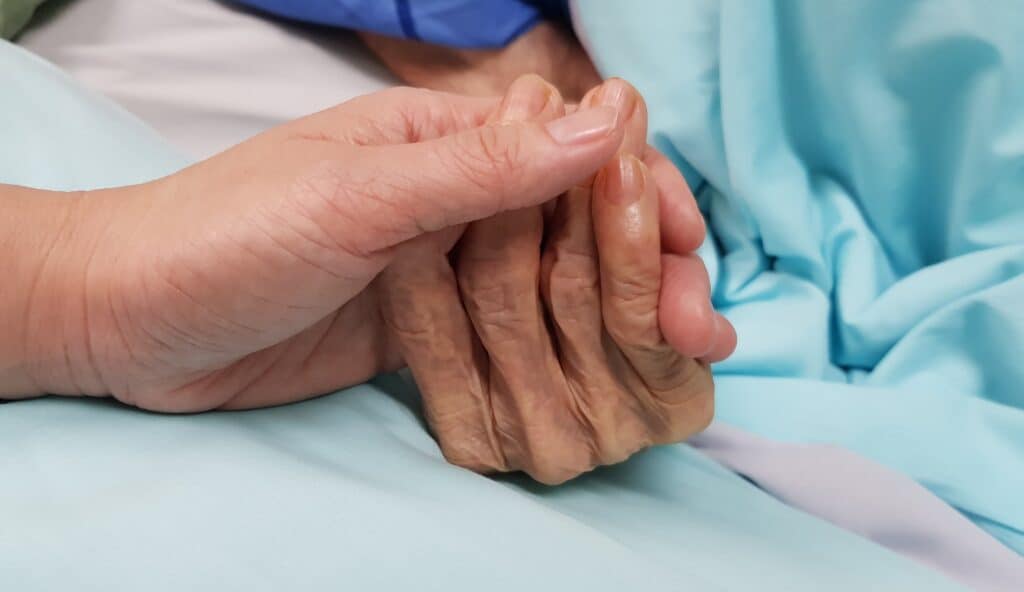Taking an Active Role in Your Future Care Planning
In our senior communities we field many questions related to future care planning from residents and their families. People want to take an active role in the process. Making decisions now and documenting those wishes through Advance Directives, as well as designating a Healthcare Proxy who can make decisions when you are unable to do so, gives seniors and their families the confidence that their wishes concerning end of life medical care will be honored. In this section of our Family Resource Guide we feature information and related resources on getting your medical and financial affairs in order – from Advance Directives, Healthcare Proxies and Hospice Care to Wills and Trusts.
At Senior Living Residences we know first-hand how having your affairs in order brings comfort to residents and their families and we offer them education, support and recommendations on their end of life care. Palliative and hospice care is provided in our communities by home health care agencies bringing expert medical care, pain management, and emotional and spiritual support expressly tailored to the patient’s needs and wishes into the privacy of their apartment home. At the center of hospice care is the belief that each of us has the right to die pain-free and with dignity, and that our families will receive the necessary support to allow us to do so. According to the Assisted Living Federation of America, around one-third of assisted living residents nationally receive end-of-life hospice care at the community they have made their home.

Additional Information & Free Forms
- www.healthcareproxy.org (An overview & forms to designate a Healthcare Proxy)
- Personal Wishes Statement (in place of a “Living Will”)
- An overview of Advance Directives from the National Cancer Institute web site
- An excellent resource for more information about hospice is: www.nhpco.org
- Common Questions about Hospice Care in Assisted Living
- FAQ: Medical Orders for Life-Sustaining Treatment (MOLST)
- What is Durable Power of Attorney
- How Seniors and Adult Children Can “Talk Finances” Comfortably & Productively
Understanding Hospice Care
According to the National Hospice and Palliative Care Organization:
- 88% of adults would prefer to die in their homes, free of pain, surrounded by family and loved ones.
- 94% of families who had a loved one cared for by hospice rated the care as very good to excellent.
- The U.S. Department of Health and Human Services indicated that hospice care holds enormous benefits for those nearing the end of life, whether they are in Assisted Living communities, nursing homes, their own homes, or in hospitals.
If your loved one lives in an Assisted Living community and you are considering hospice care, speak with the community nurse who can provide recommendations on local agencies offering hospice and palliative care services.





